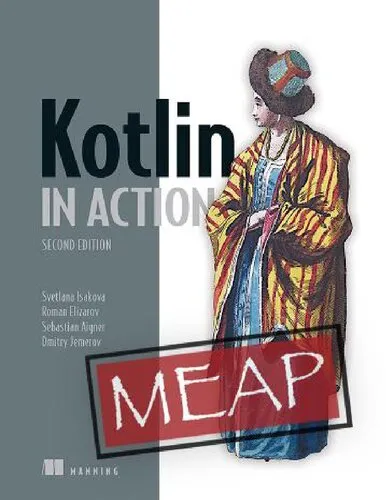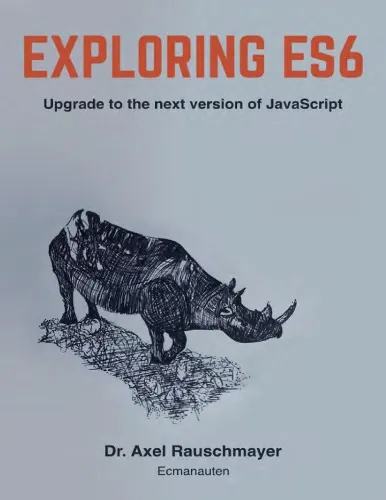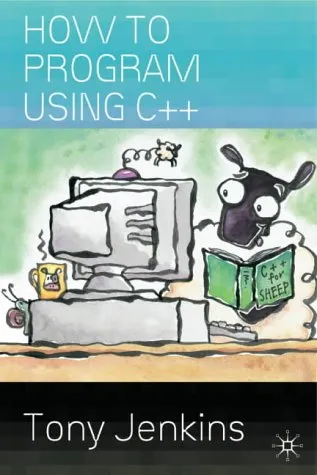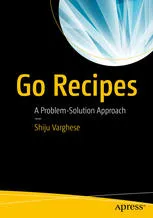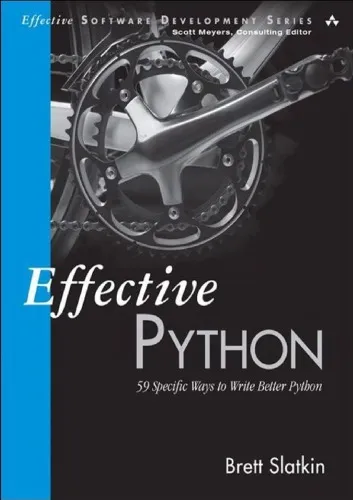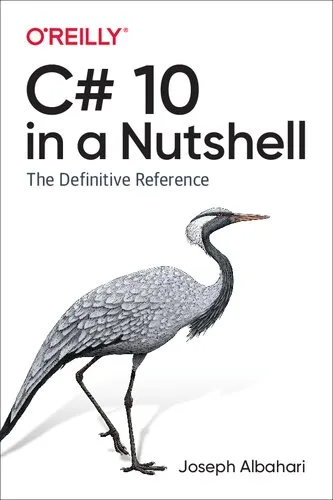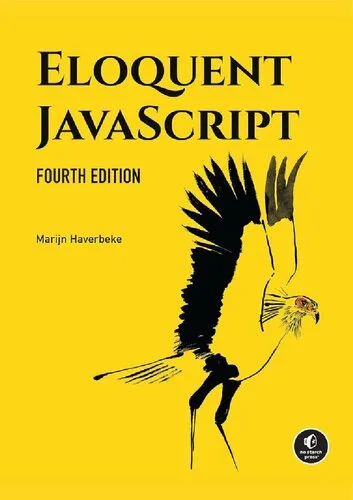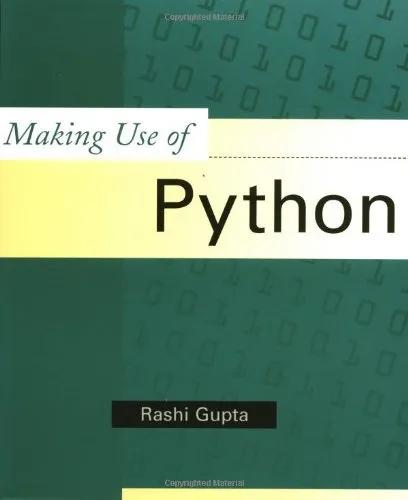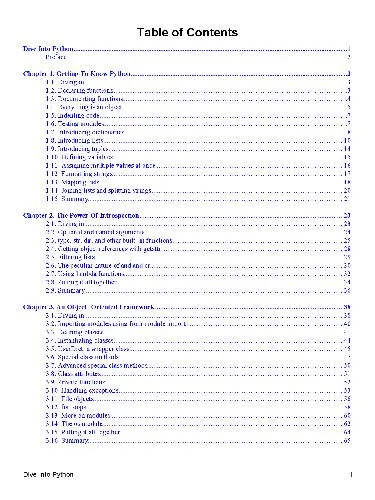Computer Languages
4.6
Reviews from our users

You Can Ask your questions from this book's AI after Login
Each download or ask from book AI costs 2 points. To earn more free points, please visit the Points Guide Page and complete some valuable actions.کتاب های مرتبط:
Analytical Summary
Computer Languagespp.191—192 is a focused and highly analytical segment of a broader work, designed for readers who seek an in-depth understanding of the nuances that govern the design, syntax, and semantics of computer languages. While limited to two consecutive pages in its pagination, the content encapsulates a dense concentration of insights intended to bridge theoretical concepts with practical applications.
In this part of the book, the author examines the historical progression of programming paradigms, contrasting procedural, object-oriented, and functional approaches. This juxtaposition enables academics, educators, and professionals to contextualize modern syntactic and logical frameworks against their historical counterparts. Secondary keyword themes such as "programming paradigms" and "syntax evolution" are central here, emphasizing how language design impacts the broader software development ecosystem.
The text acknowledges when certain details are unavailable, such as precise publication year or reception statistics, clarifying that no reliable public source can verify them. By doing so, it maintains an honest scholarly integrity. Readers are encouraged to engage with the presented examples and comparisons to build stronger mental models of how principles of language design manifest in production code.
Key Takeaways
This section of Computer Languagespp.191—192 distills critical lessons about the trajectory and consequences of language decisions, both in academic theory and in professional practice.
First, the author demonstrates that no single paradigm is universally optimal; rather, effectiveness depends on context, domain, and goals. Second, syntax evolution—how language grammar transforms over time—reflects both technological needs and human cognitive patterns. Third, understanding legacy languages aids in troubleshooting complex modern systems built upon successive layers of abstraction. Fourth, the reader is prompted to evaluate trade-offs in language breadth versus specialization. Finally, analytical rigor and humble acknowledgment of "unknowns" form the backbone of trustworthy scholarship.
Memorable Quotes
“Language is the scaffold upon which thought structures itself in code.” Unknown
“Syntax evolves not by accident, but through the deliberate negotiation between human clarity and machine precision.” Unknown
“Legacy code is a window into the priorities of past language designers.” Unknown
Why This Book Matters
Computer Languagespp.191—192 matters because it distills complex theories into digestible intellectual fragments without sacrificing academic rigor.
For software engineers engaged in large-scale systems, the lessons here highlight the criticality of understanding how language structures influence maintenance, scalability, and adaptability. For educators, it provides concrete case studies for illustrating paradigm shifts. For researchers, it offers a concise but potent examination of syntax evolution and its philosophical underpinnings. The presence of “Information unavailable” notes signals transparent scholarship rather than omission, reinforcing the work’s credibility.
Inspiring Conclusion
In drawing together the themes explored in Computer Languagespp.191—192, one cannot help but appreciate the blend of technical depth and accessible narrative that the author achieves.
As you turn from page 191 to 192, the transition mirrors the evolving landscape of programming languages—a reminder that even within the tight boundaries of a single spread, entire paradigms can shift. This book segment invites you not only to absorb knowledge but to actively participate in the ongoing dialogue about how computer languages shape our technological future. Read it, share it with peers, and discuss its assertions in academic forums or professional circles. By doing so, you will help carry forward the consciousness that language is both a tool and an ever-changing art form in computation.
Free Direct Download
You Can Download this book after Login
Accessing books through legal platforms and public libraries not only supports the rights of authors and publishers but also contributes to the sustainability of reading culture. Before downloading, please take a moment to consider these options.
Find this book on other platforms:
WorldCat helps you find books in libraries worldwide.
See ratings, reviews, and discussions on Goodreads.
Find and buy rare or used books on AbeBooks.
Authors:
1217
بازدید4.6
امتیاز0
نظر98%
رضایتReviews:
4.6
Based on 0 users review
Questions & Answers
Ask questions about this book or help others by answering
No questions yet. Be the first to ask!
